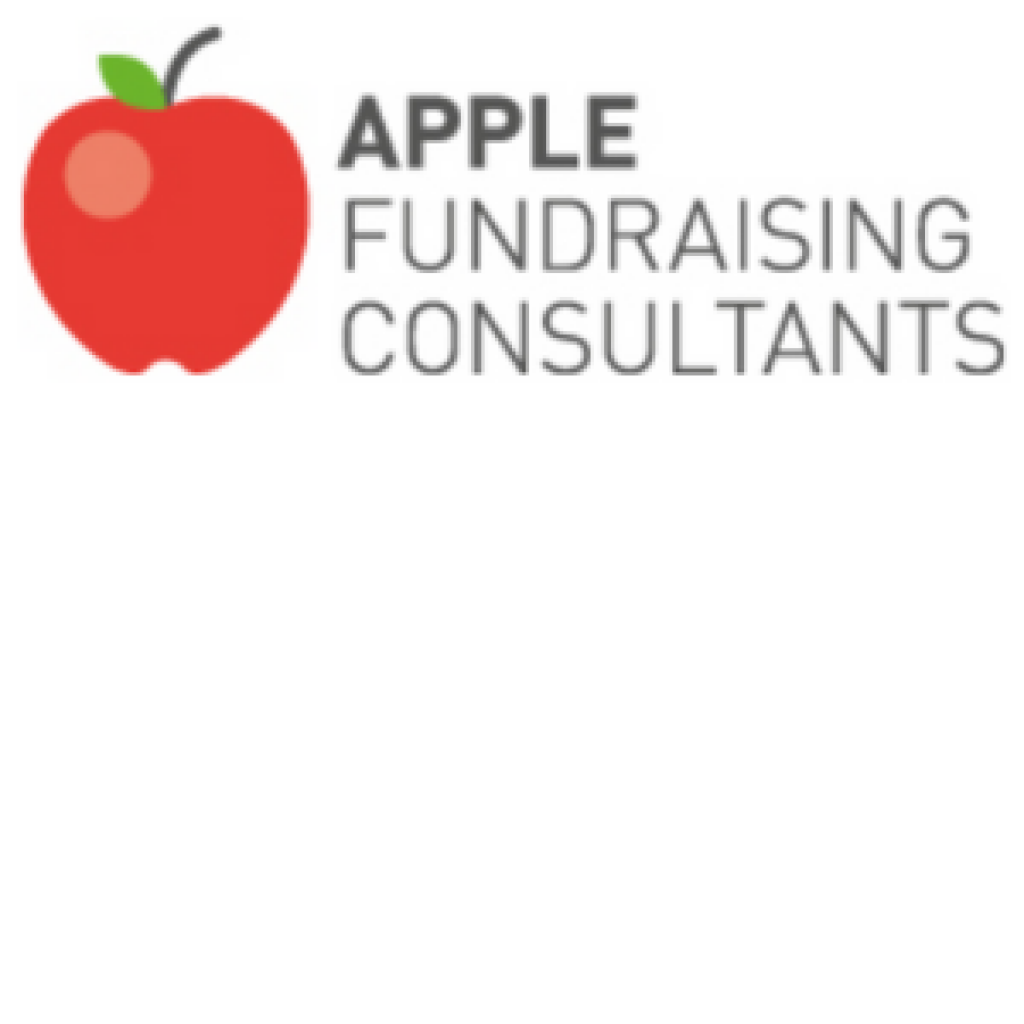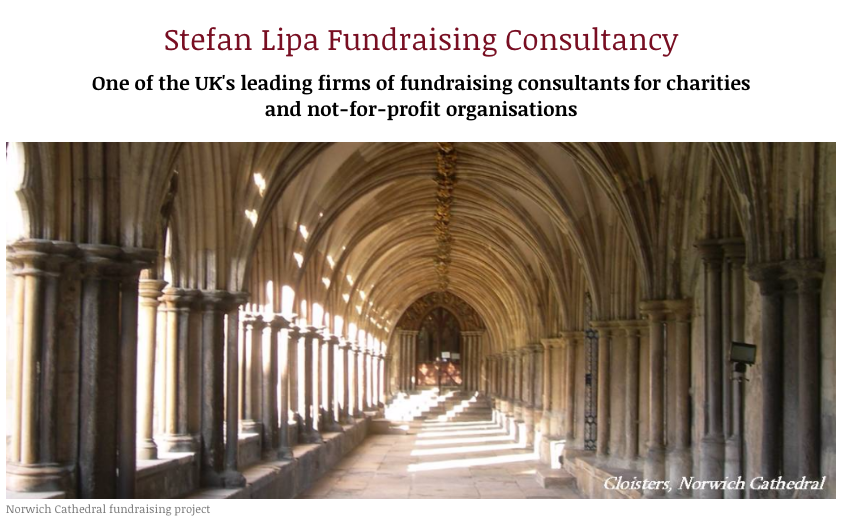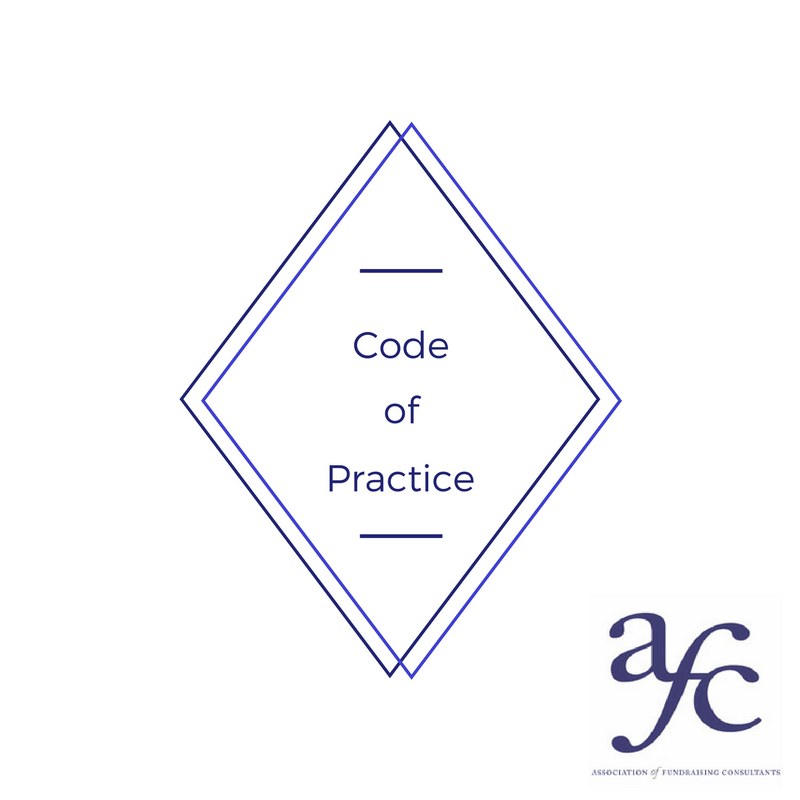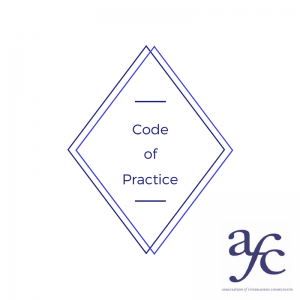Why join the AFC?

With the Covid-19 pandemic directly impacting UK philanthropy across multiple sectors – including the arts, education, heritage and churches to name just a few – many donors have stated that they are currently directing their limited resources towards supporting their existing grantees, and are not considering new applications. Furthermore, numerous trusts and foundations have already diverted a significant proportion of their available funding towards emergency grants to address immediate relief efforts related specifically to the pandemic; at the same time, many prospective corporate supporters are conserving their financial resources in the face of an uncertain global economic outlook.
This situation has put additional pressure on professional fundraisers to continue to deliver the same level of results for their clients, who need help more than ever during these highly unusual and uncertain times. Coupled with the recent loss of EU funding following Brexit, the UK donor pool has become saturated with requests for funding, with competition for limited resources becoming fiercer than ever before.
The need for fundraising consultants has therefore never been more urgent.
Charities are always looking for creative and new ways to raise funds; accordingly, the appetite for professional help continues to grow exponentially. Yet, as the pool of fundraising consultants in the UK also steadily expands, it is becoming crucial for prospective clients to be able to distinguish between those consultants that have the right experience and who follow good practice, and those that don’t. Membership of the Association of Fundraising Consultants (AFC) therefore serves as the best way of distinguishing yourself. The AFC takes enormous pride in accepting only the most experienced and qualified fundraising companies and individuals into its ranks, so this membership will provide assurance to prospective clients that you represent a safe pair of hands: the AFC’s ‘stamp of approval’ which can be included on its members’ websites and client pitches provide testimony to the high quality of services you are offering. The AFC provides the vehicle to make your consultancy stand out!
Although online forums continue to provide a useful resource, fundraising consultancy can often be a lonely and siloed job. Personal interactions tend to mostly be client focused, with limited opportunities for collaboration among peers, or the sharing of ideas and fundraising trends, or learning about new client opportunities. This can especially be true when you are just one of thousands of members of an online forum! However, membership of the AFC does provide this much-needed personal interaction. Under the leadership of Caroline Hutt, Managing Director of Hutt and Co, who serves as the chair of the AFC, the AFC has been reinvigorated with new leadership, new members, and new ideas. It is a lively and cooperative association which champions and supports its members.
Apple Fundraising Consultants, which joined the AFC in 2018, is a boutique consultancy specialising in high-net-worth international fundraising, campaign management, bespoke event management for local and global clients, and tailored philanthropic advisory services that help high-net-worth individuals make the most of their charitable giving. As a fundraising consultancy with a unique niche in the market, Apple Fundraising has seen the benefits of AFC membership first-hand, having had the opportunities to work alongside our fellow AFC members on large scale international campaigns, and having made numerous top-rate professional contacts among other fundraising consultancies whose work complements our own. We frequently benefit from the knowledge and experience of the other members who specialise in different niches, and have learned a great deal from the AFC’s sessions and workshops which are scheduled regularly throughout the year.
More than anything since the onset of the Covid-19 pandemic, the AFC has provided an important professional support network in these most isolating and challenging times. At the start of the lockdown in March 2020, the AFC immediately pivoted to online networking and information events, enabling its members as leaders in the industry to frankly discuss the immense challenges facing the charitable sector. Now that the UK has set a roadmap to emerge from the lockdown, and restrictions are beginning to ease, the charitable sector is seeing a ‘reawakening’ with new fundraising campaigns and initiatives in the pipeline. The AFC stands ready to support its members as we all help our clients achieve their aspirational fundraising targets while navigating our businesses towards the post-lockdown future.
If you believe you or your company share the AFC’s ethos and commitment, and if you meet the criteria for joining, we would be delighted to discuss membership of the AFC with you. Full details can be found on our website at https://afc.org.uk, or by contacting our administrator Karen Harkin on karen@afc.co.uk.
We do hope you will join us.
Written by Apple Fundraising Consultants















Recent Comments